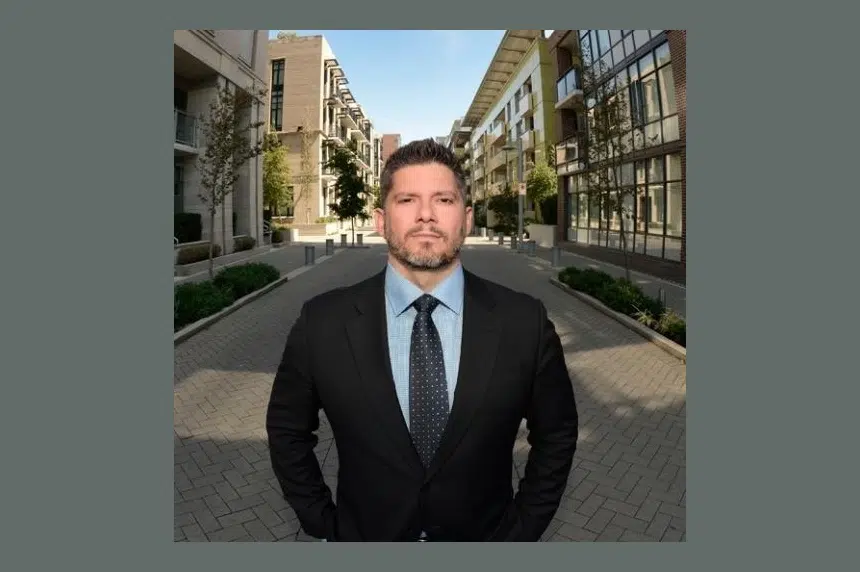Cities that still grow under the mantra of ‘cars are king’ won’t succeed in Canada.
“Auto-dependency cities are designed in a way that you would have to be crazy to get around in any way other than the car,” said Brent Toderian, city planning consultant with Toderian UrbanWORKS.
“It’s a path to failure; no city that has designed itself around a car has really improved its own success or prosperity.”
In Saskatoon Monday night as part of the Walrus Talks series, Toderian led a discussion about cities that grow to accommodate cars, rather than people.
Toderian used his favourite quote by a city planner in 1955, Lewis Mumford, as the crux of his discussion.
“Adding more traffic lanes to address congestion is like loosening your belt to address obesity,” Toderian said.
“(Mumford) understood the law of congestion where, when you build more roads people drive more; you’ll never solve traffic congestion by building more lanes and more roads no city succeeds in that.”
Mumford’s argument fits in with how the City of Saskatoon is growing, especially considering the city will add two more bridges in the next three years, the North Communter Parkway Bridge and the Traffic Bridge replacement project.
What Toderian encourages cities to do is focus less on vehicles and more on alternative modes of transportation including walking, cycling and transit.
“A multi-modal city which makes walking, biking and transit easier; the driver’s think they’re losing something but they’re not … they’re just not fighting for the space like everyone in a car is,” Toderian said, adding this is simply the result of momentum and trying to improve rather than reprioritize.
“We’ve been doing it one way so we feel like we have to keep doing it that way whereas the smart, successful cities are changing and for Saskatoon it’s a matter of being a city that’s getting better or getting worse.”
In his third trip to Saskatoon, Toderian felt underwhelmed at the idea of Saskatoon approving one dedicated bike lane along 23rd Street between Idylwyld Drive and Spadina Crescent. Toderian said the pilot project is likely to fall short of expectations simply because there are no connections to it.
“You don’t make real gains until you have connections. Can you imagine if we built one car road and said ‘are we done now?’” Toderian said.
Ultimately investing in more active transportation will not only cost less, but it will have other spin-off savings such as health care costs, whereas the price for road-building continues to climb and cities are spending millions each year to maintain roads.
“There’s a big difference between smart infrastructure and dumb infrastructure and it’s not good enough to say we’re going to spend more,” he said. “I’m a fan of cars, I like cars and I drive a car but I don’t like designing cities where a car is the only option it’s foolish.”
I hope #yxecc is listening to @BrentToderian and his great ideas on designing cities for people. #walrustalks pic.twitter.com/bgr2m84JtK
— Ryan Meili (@ryanmeili) September 29, 2015
#walrustalks -Brent Toderian talks about Cities for People Not Just Cars. Hot topic in Saskatoon right now. Thoughts? pic.twitter.com/uNI1Im3uaf
— Saskatoon HOME mag (@HOMEmagazineSK) September 29, 2015











